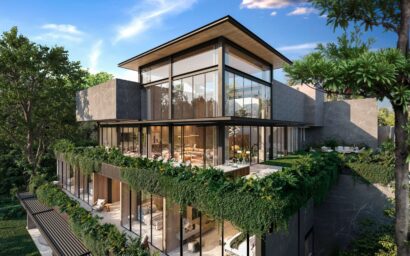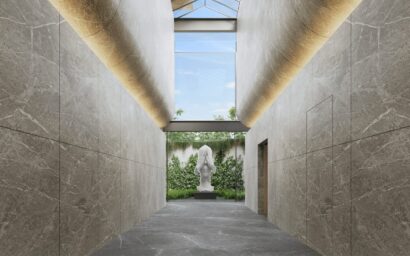Adaptive architecture is an innovative approach that seeks to reuse and transform existing buildings to meet new needs and functions. Rather than demolish and rebuild, this approach values the history and structural integrity of existing projects and maximizes their adaptive potential.
But did you know that transforming spaces through adaptive architecture can revitalize communities, preserve cultural identity, and reduce resource waste?
There are numerous additional advantages to this approach, including:
- Heritage conservation. One of the benefits of adaptive architecture is the preservation of architectural heritage. By reusing existing projects rather than demolishing them, historic structures are preserved, and the memory of their existence is kept alive.
- Environmental sustainability. Adaptive architecture is inherently sustainable because it uses existing resources rather than creating new ones. The environmental impact of architectural projects can be significantly reduced by minimizing waste and reducing the demand for building materials.
- Flexibility and adaptability. Adapting existing projects allows for greater flexibility and adaptability in the use of space. Buildings can be transformed to meet different needs, from residential housing to commercial, cultural, or educational spaces.
- Creative innovation. This approach encourages creative innovation by challenging architects to find innovative solutions to transform existing spaces. This creative reuse can result in designs that are both unique and surprising, celebrating diversity and uniqueness.
This branch of architecture is a powerful tool for transforming and revitalizing urban spaces in a sustainable and meaningful way. This approach preserves and celebrates architectural heritage and promotes energy efficiency and environmental sustainability.
It also encourages innovation and creativity, providing ingenious solutions to urban challenges and fostering the development of more resilient and dynamic environments.
In a world facing growing environmental and social challenges, adaptive architecture offers a promising way to build a more sustainable and equitable future where history and modernity coexist harmoniously.



